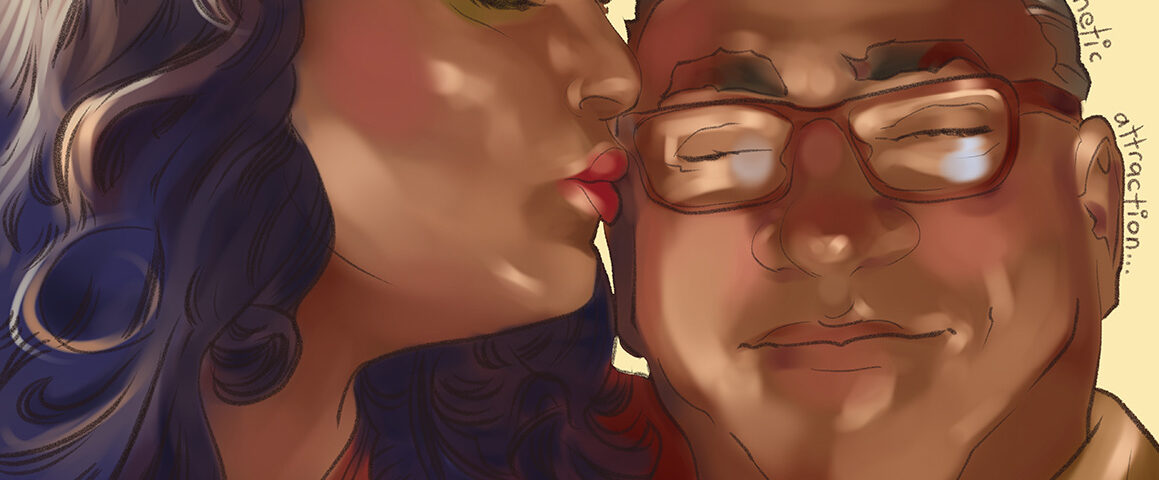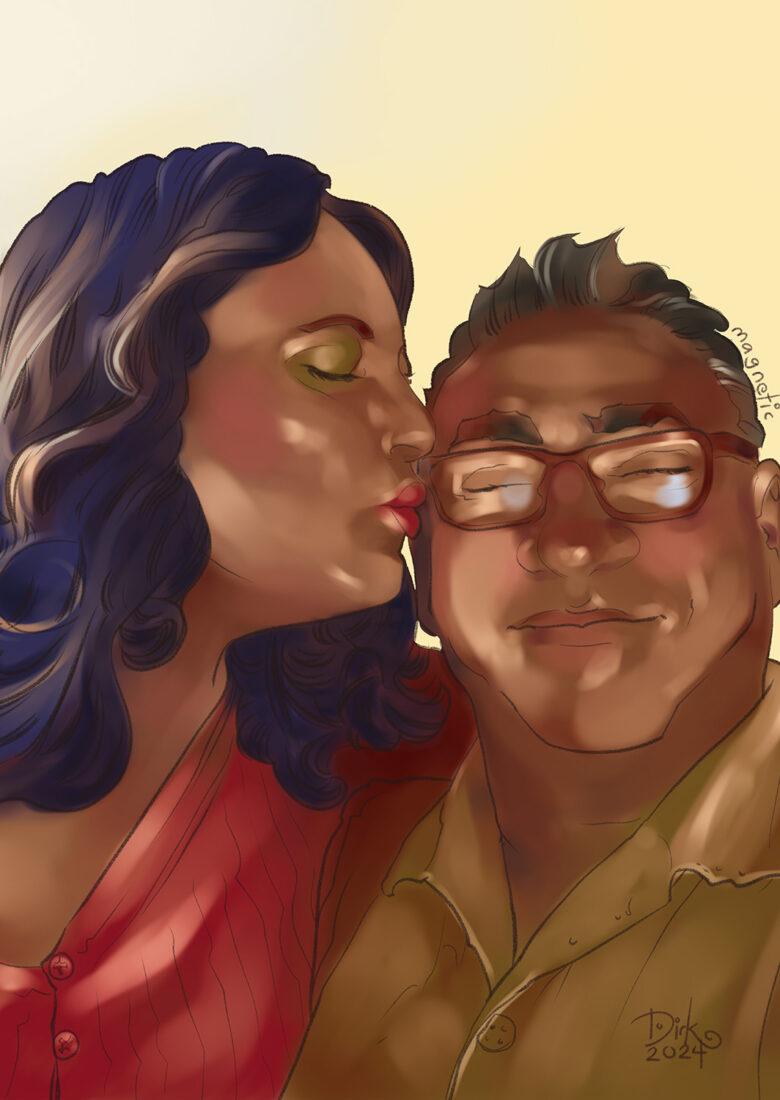
Where Does Morality Fit
July 18, 2025
Exploring Sexuality
July 29, 2025I am reading Sapiens (again), and found the chapter on happiness very much aligned with my worldview. Here is a summary of the chapter along with my thoughts:
As members of the genus Homo and the species Sapiens, we have, for generation after generation, pursued happiness. The truth is that life has changed quite dramatically since we were hunter-gatherers. The question, ultimately, is “What is the real source of happiness?” We know that a regime cannot impose happiness on a person or a community. Almost every researcher and lay person interested in the issue of happiness, believes that somehow, we must be happier than our ancestors used to be because we have access to more technology. The argument runs into the fact that our now unnatural lives do not satisfy our deepest yearnings.
There are definitely advantages to being a modern human, such as the reduction in child mortality over the last two centuries from 33% to less than 5%, I am certain that fact has made a difference for the families who’s children did not suffer and die! It’s easy, in the 21st century, to take the perspective of a middle class westerner. At the same time, we cannot predict what the future will hold. A lot of evidence suggests that we are destroying the ecological equilibrium of our planet and bringing on a climate catastrophe. It’s more the case that we are destroying the foundations of human prosperity in an orgy of wreckless consumption. When evaluating global happiness, it is wrong to only count the happiness of the upper classes, of Europeans, or only of men. Through research, we also know that happiness is not a function of material factors such as health, diet and wealth.
In recent decades, social scientists have studied happiness, and the generally accepted definition of happiness is “subjective well-being”. In other words, happiness, according to this view, is “something I feel inside myself.” While some research suggests that money brings happiness. Closely examined, while money brings happiness, it does so only to a point. For people at the bottom of the economic ladder, a windfall will definitely add to the well-being of that person, whereas when someone is in the upper class, a windfall will only being a temporary increase in happiness.
Families and community are much more highly correlated with happiness. People who come from tight knit families or active communities are much happier in general than those who come from dysfunctional families, or those who have not found a community to be part of.
Marriage is particularly important.
Repeated studies have found that that there is a very close correlation between “good marriages” and high subjective sense of well-being, and between “bad marriages” and misery. This holds true irrespective of economic or even other physical conditions.
The most important finding of all is that happiness does not depend on objective conditions of either health, wealth or even community. Instead, it depends on the correlation between objective conditions and subjective expectations. If you want a Ferrari, but can only afford a second hand Honda, you feel deprived, where as if you want a Honda and get a Honda, you feel satisfied. This explains why winning the lottery has, over time, had the same impact on people’s happiness as a disabling car accident. When things improve, expectation balloon. Compared to, when things deteriorate, expectation shrink. It comes down to this: For thousands of years, we have known that being satisfied with what you already have is far more important that getting more of what you want when it comes to happiness.
When it comes right down to it, winning the lottery, buying a house, getting a promotion, or even finding true love does not impart happiness. People are made happy by one thing and one thing only, experiencing pleasant sensations in their bodies. Those sensations created by hormonal biochemistry, is typically short lived. It turns out that evolution has molded us into being neither too miserable nor too happy. When we have those pleasant sensations, they subside and give way, eventually to unpleasant sensations. I mean, consider orgams. If orgasms lasted much longer, I don’t think men would get over having orgasms. Men would choose orgasms over eating. Nature limits our pleasure to short periods only. Now, like an air-conditioning system, our natural happiness quotient operates by giving us a range where that set point sits. I am a naturally happy person, so my range lies between 6 and 10 on a 10 point scale. There are those, and I am sure you know a few, who swing between 3 and 7 and stabilizes at a 5. Those gloomy people will stay gloomy even if they experience things like the birth of a granddaughter, they will still only top out at 7 and cannot get any happier.
Biologists agree that happiness is caused mainly by biochemistry, but they add that psychological and sociological factors have their place. It is surmised that people can fluctuate inside of their happiness range, and that marriage, for example, can move their sense of happiness toward the top of their predetermined range. That said, the theory is that since it’s brain chemistry that makes us happy, ie. serotonin, dopamine and oxytocin specifically, the thing we should be doing as a species to improve happiness, is researching how to activate serotonin, dopamine and oxytocin dumps to give us good feelings in our bodies!
So, let’s square the circle.
I have long maintained that “gratitude” is your access to happiness. That sentiment aligns with the notion that being satisfied with what one has vs what one wants, makes one happier. The second thing is that happy marriages improve happiness, and does so within the spectrum that a person has as their “happiness range”. This is the reason I wrote Hard Married, To give people the tools to make their relationship extraordinary. I know that for Petra and me, this is 100% true. Our relationship is extraordinary, and we are both happily at the top of our happiness range.
I can only urge you to pick up a copy of Hard Married, it’s not a book of tips and tricks, instead, it’s like a coaching guide to help you learn the skills that seemingly elude most married couples. WIth divorce rates so high, it’s clear that people need the skills Hard Married offers. Don’t delay!



